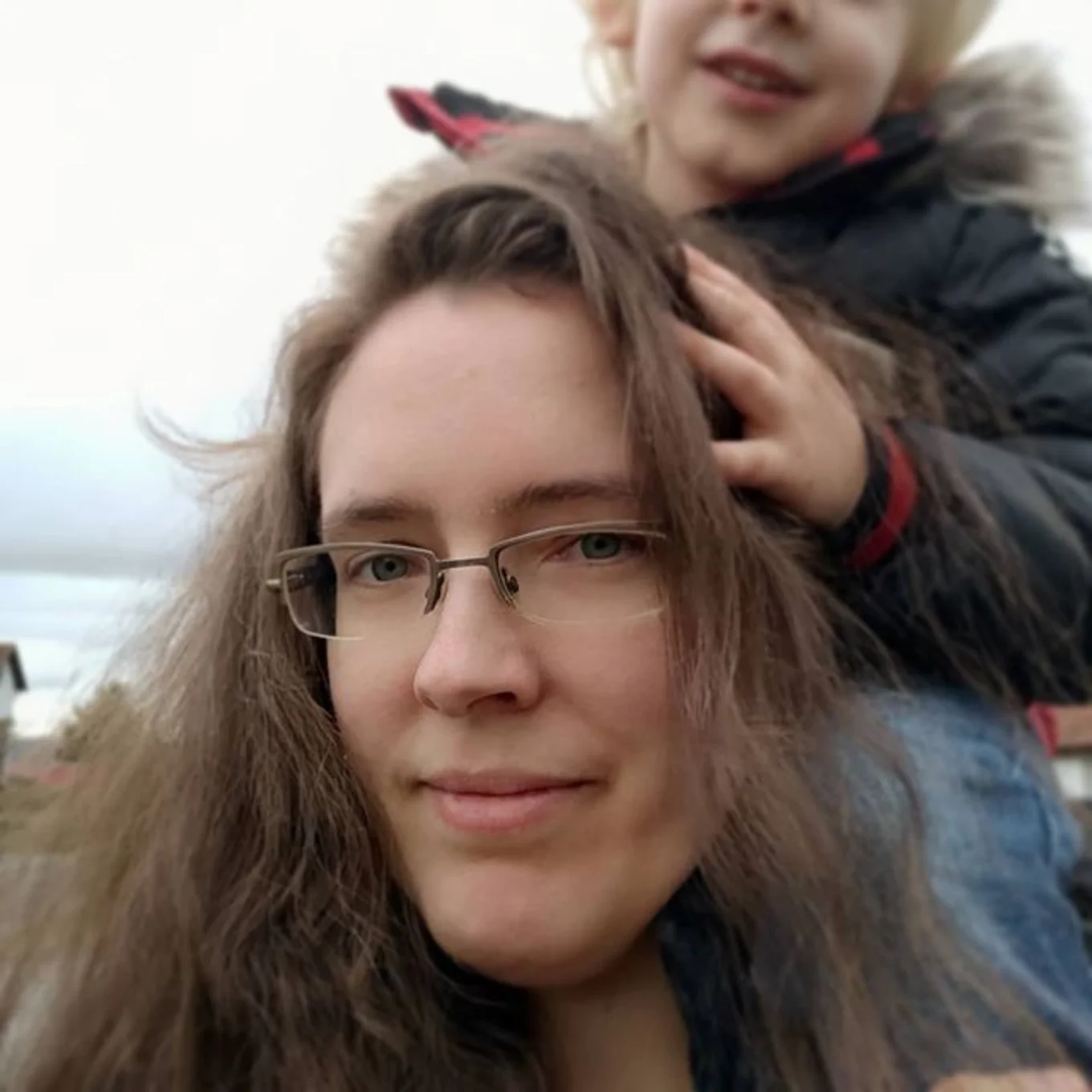
FOSDEM 2025: Report from the Friendly Functional Languages BOF Room

Principal Software Engineer
On Thursday, January 30, 2025, I spontaneously decided to join three of my colleagues, Jules Aguillon, Xavier Van de Woestyne, and Paul-Elliot Angles d'Auriac, in attending FOSDEM 2025.
When I realised that FOSDEM was still taking proposals for Birds-of-a-Feather (BOF) sessions, I submitted a proposal to organise a Functional Languages BOF session around the idea of gathering the Functional Programming community to showcase projects and elegant solutions to real world programming problems.
I was surprised and happy when the proposal was accepted by the FOSDEM organisers late Saturday night, during the conference, leaving just enough time to prepare and call in the Functional Programming community at FOSDEM for our Sunday afternoon session. Thankfully, FOSDEM runs a Matrix chat server for the conference, so it was simple to announce this last-minute addition to the conference schedule.
Arriving at the Friendly Functional Languages BOF Room
On Sunday afternoon, almost 50 functional programming enthusiasts filled room H.3242 for our "Friendly Functional Languages Show and Tell" session. The turnout exceeded our expectations by far and represented a diverse cross-section of the functional programming community. We had developers from various language communities including OCaml, Gleam, Elm, Elixir, Haskell, and several others.
Show and Tell
The format was intentionally casual – a space for practitioners to share real-world code they're proud of and discuss practical applications of functional programming principles.
During these open sessions, participants presented programming techniques, API choices, interaction with an IDE, concepts inherent to programming and, of course, their projects! We saw parser combinators (live-coded in Haskell), the use of a monad to implement ‘undo’ functionality over composable operations (which Paul-Elliot presented in the context of his personal OCaml project Slipshow), compile-time SQL query generation in Gleam, effect abstraction in Haskell, and a turn-based videogame with a frontend built on Elm. It was clear that people are active and that they have a lot to say in 5 minutes!
I found it very interesting to see people demonstrate how functional programming can elegantly solve complex problems.
Looking Forward: Organising an FP Dev Room 2026
Perhaps the most exciting outcome of our BOF session was the discussion we initiated towards the end of the session about establishing a Functional Programming dev room at FOSDEM 2026. Since only the most mainstream programming languages have a realistic chance at having their application for a dev room at FOSDEM accepted, many attendees expressed interest in creating a space for FP languages next year, and several volunteered to help organise it.
We did a quick brainstorming session on what kinds of sessions an FP dev room at FOSDEM should host in order to achieve more visibility of functional programming in the Open Source scene. A major theme that emerged is that we need to show what can be and is being built with these languages in production environments. For example, OCaml is used by Ahrefs to build their leading SEO platform and by Jane Street to power their trading operations, which handled $17 trillion worth of securities trades in 2020 using a codebase of 65 million lines of OCaml. Erlang is another example, as it is used to power WhatsApp, supporting billions of active users.
Engaging the Open Source Community
As a Developer Advocate for OCaml at Tarides, I was happy to connect with developers and organisations within the Open Source software ecosystem. Several developers curious about OCaml volunteered to participate in recorded user testing sessions for the OCaml tooling we're developing at Tarides.
These kinds of direct interactions are invaluable for understanding how developers approach OCaml, what challenges they face, and what opportunities exist to make the language more accessible and powerful. People's willingness to contribute time to help improve the ecosystem speaks volumes about the collaborative spirit of the open-source community.
Final Thoughts
Organising a BOF session at FOSDEM was a somewhat spontaneous decision, but it proved to be an excellent opportunity to bring together functional programming enthusiasts in an informal setting.
I'm looking forward to seeing how the seeds planted during this session grow into a more established functional programming presence at FOSDEM 2026. If you're interested in joining the organising team for next year's prospective FP dev room at FOSDEM, feel free to reach out to sabine@tarides.com.
Thank you to everyone who attended and made the session such a success!
Connect with Tarides online on Bluesky, Mastodon, Threads, and LinkedIn or sign up for our mailing list to stay updated on our latest projects.
Sabine Schmaltz is a Developer Advocate at Tarides, focusing on OCaml community engagement and developer experience.
Open-Source Development
Tarides champions open-source development. We create and maintain key features of the OCaml language in collaboration with the OCaml community. To learn more about how you can support our open-source work, discover our page on GitHub.
Explore Commercial Opportunities
We are always happy to discuss commercial opportunities around OCaml. We provide core services, including training, tailor-made tools, and secure solutions. Tarides can help your teams realise their vision
Stay Updated on OCaml and MirageOS!
Subscribe to our mailing list to receive the latest news from Tarides.
By signing up, you agree to receive emails from Tarides. You can unsubscribe at any time.
